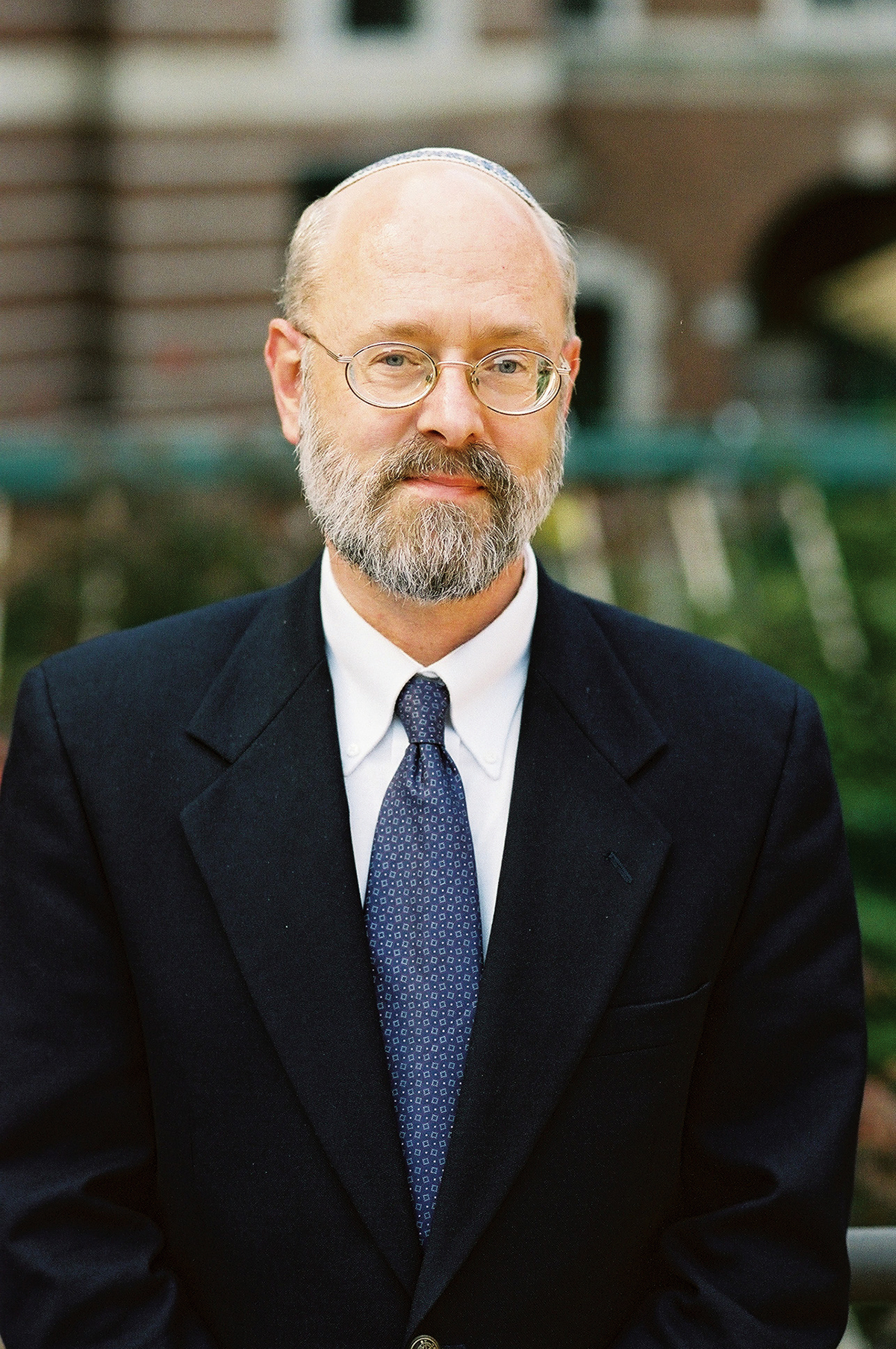Although Alan Mittleman is intrigued by Martin Luther King Jr.’s notion of institutional conscience, he’s not convinced it is possible — or that it is a good idea.
Mittleman will explore this notion during his lecture titled “Can the Supreme Court and the Religious Communities Be the Conscience of the Nation?” at 2 p.m. Friday in the Hall of Philosophy. Mittleman will conclude Week Five’s theme, “The Supreme Court and Religious Communities: Holding America Accountable?,” with a critical analysis from a Jewish perspective of the King quote that inspired the wee.
“I thought that it was interesting piece of rhetoric, but it seemed to me that it might not really be true, or capable of being true,” said Mittleman, who holds the Aaron Rabinowitz and Simon H. Rifkind Chair in Jewish Philosophy at the Jewish Theological Seminary.
This doubt led Mittleman to ponder the true meaning of King’s words, as many speakers have done this week. He said that while those words — “the conscience of the country must be both the Supreme Court and the religious communities” — may be applicable to the issues King fought for, Mittleman will argue that conscience is not necessarily an apt term for morals in public society.
Mittleman said he will explore how we should define both conscience and country during his lecture, and why letting organized religions and the Supreme Court define public morals may be problematic. He will also provide what he sees as a better moral guide for the United States.

“None of these points of view has a lock on what it means to be conscientious or on what conscience could be,” Mittleman said.
Although he is one of the pre-eminent scholars on Jewish political and ethical life — he has written six books on the topic — Mittleman admits he has changed his mind in major ways about how religion should be involved in politics.
From 2000 to 2004, Mittleman served as director of a major research project initiated by the Pew Charitable Trusts called “Jews and the American Public Square.” Mittleman said at the time he became interested in seeing a more robust role for religion because the “secular bias of cognitive elites” was harmful for the country.
After the last election cycle, though, Mittleman said he is unsure about that belief. While he hasn’t totally abandoned it, he said he has seen religious communities become far too politicized and principles that were once “noble and vital” have been appropriated and twisted. As someone who is a scholar and not an activist, though, Mittleman doesn’t pick sides.
“I always start looking at positions, particularly positions in conflict with each other, with the assumption that there’s some legitimacy on both sides,” Mittleman said.
Mittleman is truly committed to his faith, though. He served on the American Jewish Committee in the 1980s and has since been devoted to teaching and developing Jewish philosophy. He said that while Judaism is very similar to other religions, their particular way of community life comes from two millennia of being forced to live in small, usually isolated enclaves.
“There’s a whole lot of Jewish thought and experience about what it is to have a community and how the community should be characterized by civility and respect and justice,” Mittleman said. “It’s very republican with a small ‘R.’ ”




